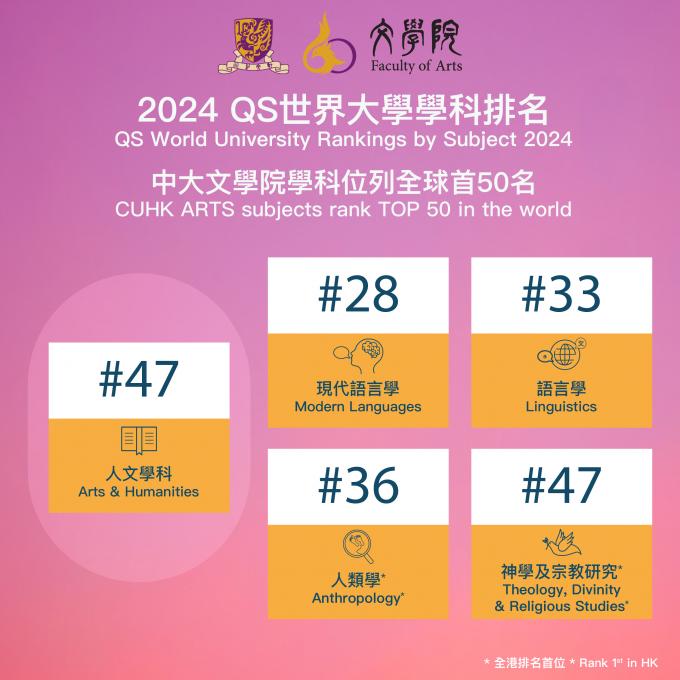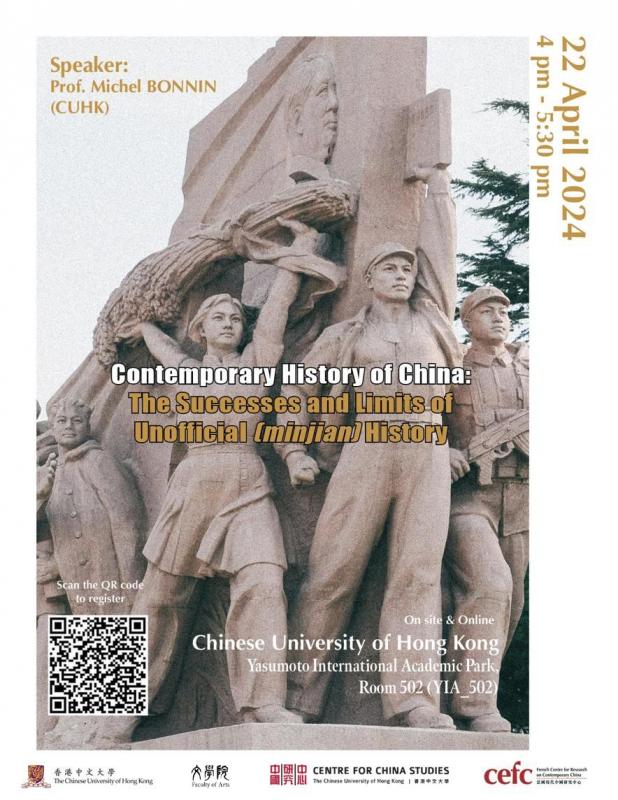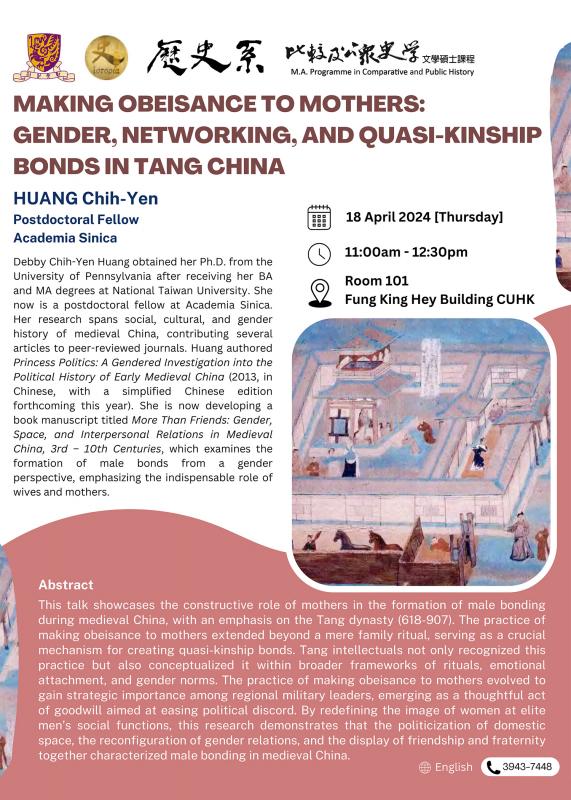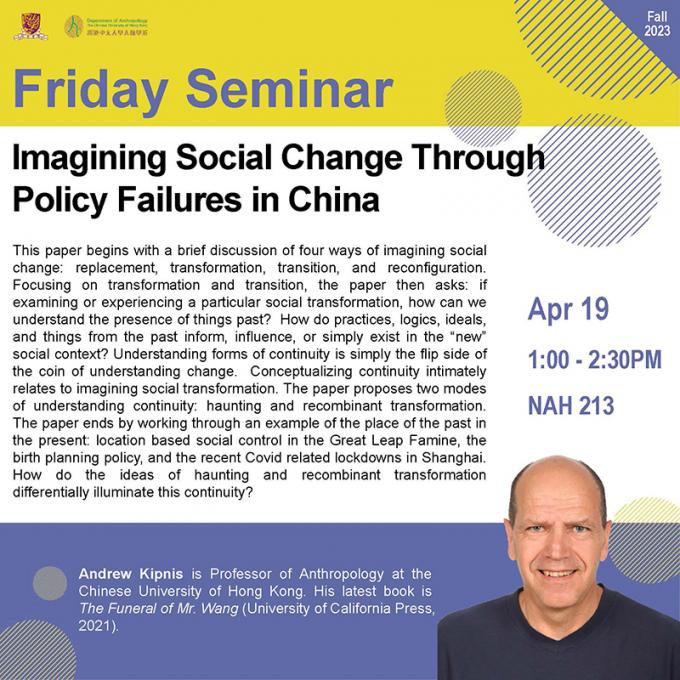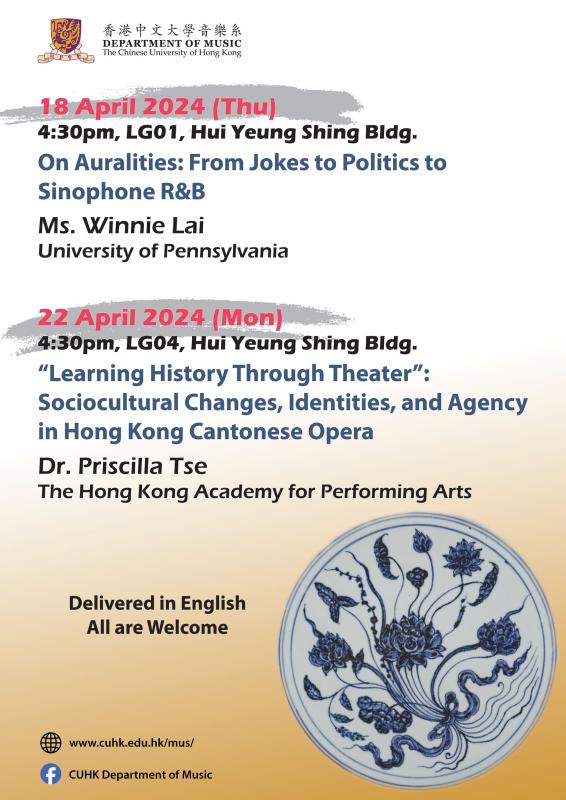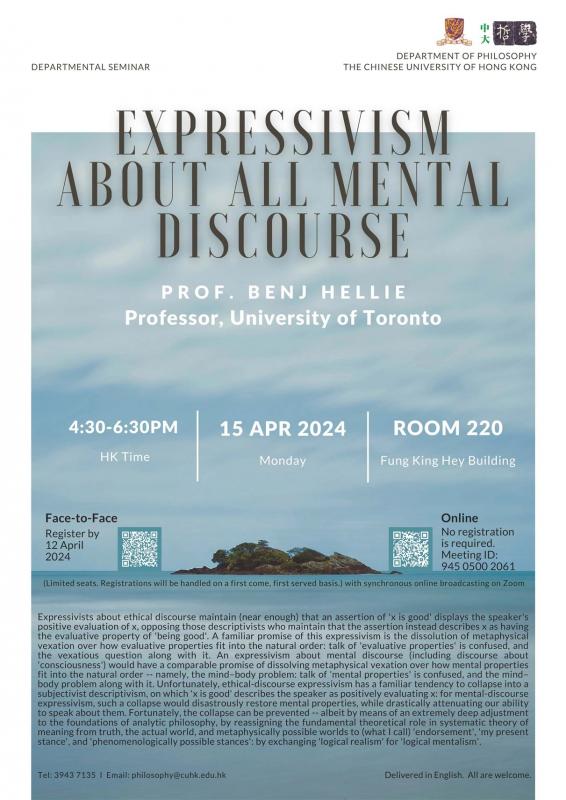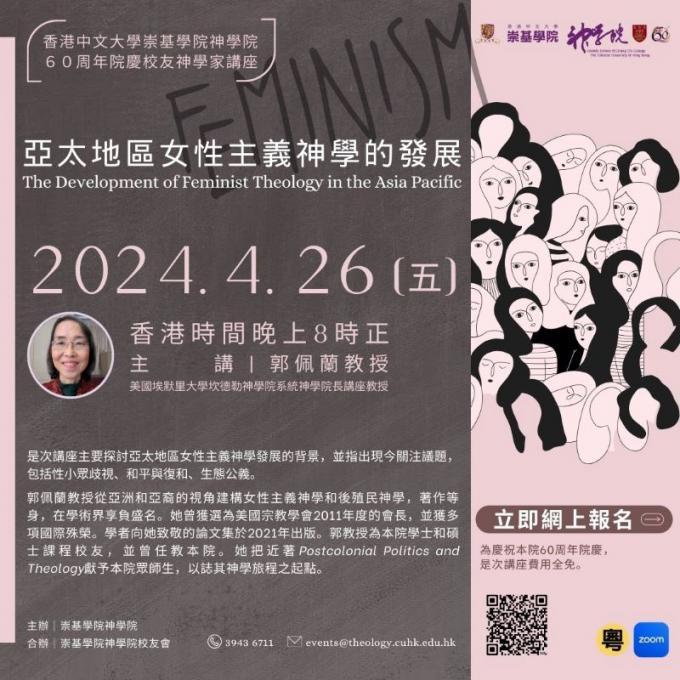Joseph Chair in Catholic Philosophy, Professor
Boston College
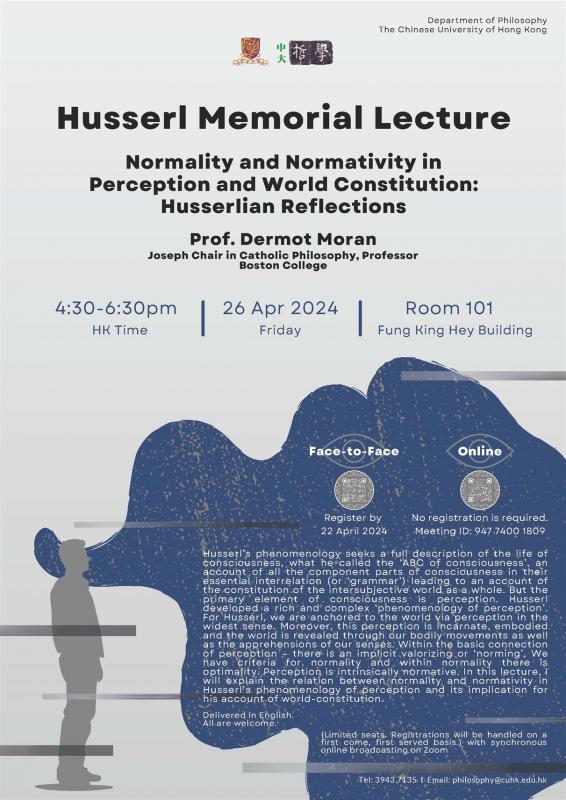
Husserl’s phenomenology seeks a full description of the life of consciousness, what he called the ‘ABC of consciousness’, an account of all the component parts of consciousness in their essential interrelation (or ‘grammar’) leading to an account of the constitution of the intersubjective world as a whole. But the primary element of consciousness is perception. Husserl developed a rich and complex ‘phenomenology of perception’. For Husserl, we are anchored to the world via perception in the widest sense. Moreover, this perception is incarnate, embodied and the world is revealed through our bodily movements as well as the apprehensions of our senses. Within the basic connection of perception – there is an implicit valorizing or ‘norming’. We have criteria for normality and within normality there is optimality. Perception is intrinsically normative. In this lecture, I will explain the relation between normality and normativity in Husserl’s phenomenology of perception and its implication for his account of world-constitution.
Online
No registration is required.
Meeting ID: 947 7400 1809 (link: https://cuhk.zoom.us/j/94774001809)
Face-to-face
Register by 22 April 2024 (link: https://cloud.itsc.cuhk.edu.hk/webform/view.php?id=13687127)
Tel: 3943 7135
Email: philosophy@cuhk.edu.hk



